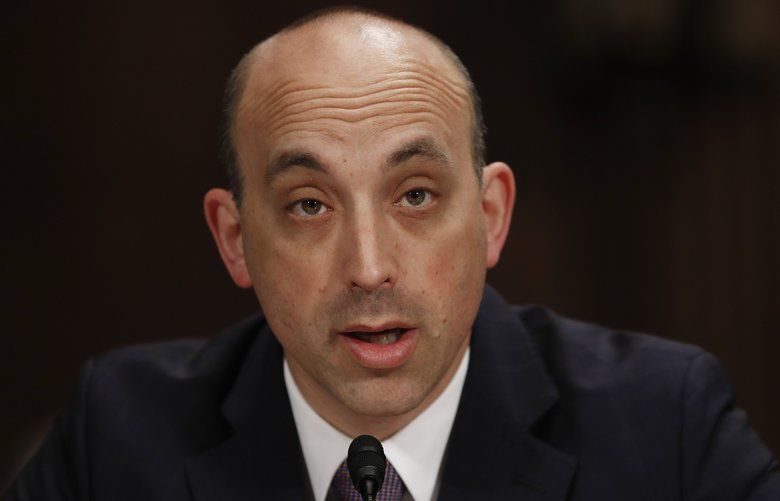TheGreatSatan
Diamond Member
- Jun 17, 2019
- 13,397
- 17,040
- 2,320
Do you think spreading "misinformation" should be a crime?Nice display of gaslighting from your own experience and bias.
Like 2020 was stolen
Mask don't work and only make you sicker
The vaxx is poison
Do you wish there was a fed you could report people like me to?
If Americans don't stand up to democrats soon, Americans will lose all rights to privacy, have everything taken from them, while democrats demand Americans be happy about it... or else
Last edited:



